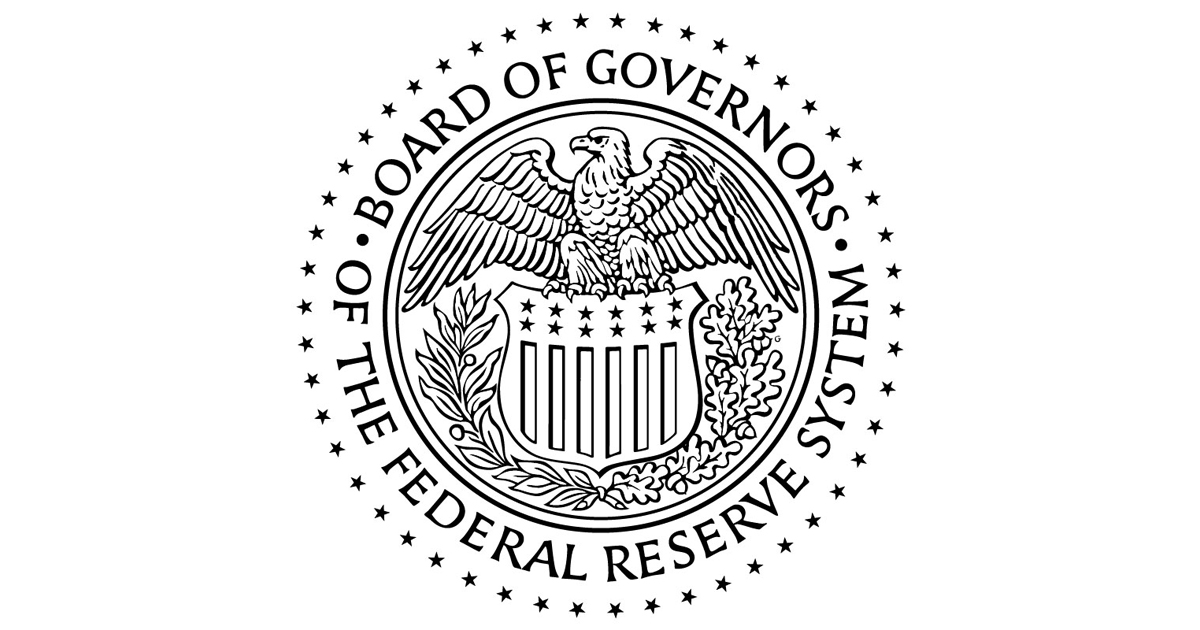The Latest News
The National Health Service (NHS) of Britain has announced that it will limit the use of puberty-suppressing drugs to children taking part in clinical trials. The decision was taken as the agency’s pediatric gender services have struggled to cope with increasing demands, and insufficient evidence points to the safety and clinical effectiveness of these drugs as a routine treatment.
In October, the NHS had released a draft of this policy change, which has now been formally instituted after receiving public comments. The policy will be effective later this year.
Implications: Several countries have limited gender-related medical treatments for young people
The National Health Service’s decision is part of an international trend of restricting gender-related medical treatments for young people. Finland has limited access to gender-related treatments after conducting evidence reviews. Sweden has constrained the use of puberty blockers and hormones to clinical trials. The Norwegian health authority and French National Academy of Medicine have expressed caution as well.
In the United States, more than 20 Republican-led states have passed laws prohibiting the use of puberty-blocking drugs and hormones. Some laws contain provisions that make it a felony for doctors to prescribe them. Several clinicians in the U.S. have raised concerns about which adolescents should receive gender-related treatments.
Puberty blockers, which suppress estrogen and testosterone, were first tested on children with gender dysphoria in the Netherlands in the 1990s. The Dutch researchers published their first study on 70 children in 2011, which reported a decrease in depression and anxiety after taking the drugs. However, a British study of Tavistock patients in 2021 showed that blockers had no effect on the patients’ scores in psychological tests. It found that out of the 44 participants, 43 chose to start testosterone or estrogen treatments. This data has sparked concerns about whether the drugs are fulfilling their intended purpose.
“The most difficult question is whether puberty blockers do indeed provide valuable time for children and young people to consider their options, or whether they effectively ‘lock in’ children and young people to a treatment pathway,” said Dr. Hilary Cass, the pediatrician overseeing the independent review of the NHS gender service in 2021.
What’s Next: Britain will conduct a trial of children taking blockers from next year
Next year, the NHS will organize a clinical trial of all children receiving puberty blockers from the health service. Even though the Tavistock clinic has closed, regional centers will open across Britain to expand gender-related services for young people. Under the new system, standardized assessments will be performed, and mental health support for patients will be incorporated.
“The main objective is to alleviate distress associated with gender incongruence and promote the individual’s global functioning and well-being,” stated the NHS guidance.














